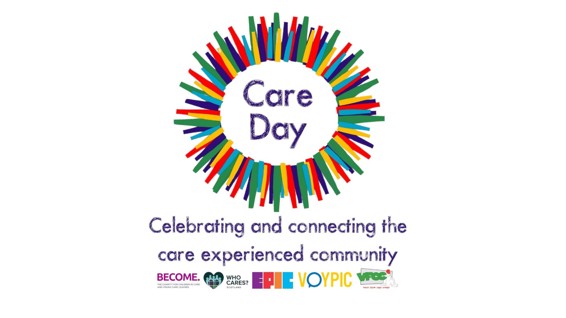Setting Goals for 2022
Coming to college is a goal you can achieve in 2022!
You might be thinking of retraining for a new career, working towards a promotion, preparing for university or learning something new in your free time. If you have set goals in the past, you might have used the SMART framework. This means that goals should be: specific; measurable; achievable; relevant; and time-based.
Is your goal to study at college? Read our blog to find out how you can make this a SMART goal.
Specific
Your goal should be clear and specific so you know exactly what you’re working towards and how you will get there. Think about what you want to accomplish and why this is important to you. Ask yourself, why and what do I want to study at college? It might be about getting a qualification, gaining skills, preparing for work or university, or maybe just an opportunity to learn something new in your free time.
A specific goal might be: My goal is to study a computing course at college so I can get a job in the digital sector.
Measurable
Having measurable goals is good as it’s an easy way to track your progress and check in on how you’re getting on. The good thing about college as a goal is that it is very measurable. Each course will have a start and end date and you will be able to track your progress throughout with assessments and assignments. At the end of the course, you will gain a qualification and that is something that is easily measured, particularly in regards to employers, colleges and universities.
A measurable goal might be: My goal is to study a computing course at college so I can gain a recognised qualification and get a job in the digital sector.

Achievable
Quite an important part of goal setting is making sure your goals are achievable. If they are not achievable you might be more likely to give up on your goals and not see them through. Coming to college is a big commitment and you will put a lot of thought into your decision before applying.
The main things you will need to consider are the length of the course, the time commitment involved and how you will finance your studies. There are options to help make your goal of coming to college achievable. For example, you might not be able to commit to a full-time course, but an evening class might more achievable for you.
Course fees might be another barrier to achieving your goal. There are funding options available to support you financially. Visit the Funding & Fees section on our website to find out more about funding your studies so you can achieve your goals in 2022.
An achievable goal might be: My goal is to study a computing course part-time so I can gain a qualification and get a job in the digital sector.
Relevant
When setting your goals, you should consider if they are relevant or not. At the beginning of the year, you might find yourself setting all sorts of goals because it is often expected at that time of year. Think about why this goal is important and what you want to achieve as a result of this goal. At this point, you should be considering a course that is relevant to what you want to achieve once you have completed your course.
A relevant goal might be: My goal is to study a web development course part-time so I can gain a qualification and get a job in the digital sector as a web developer.
Time-based
It is important that goals have a target date so you know what you’re working towards and having a deadline in mind can keep us focused. College courses have start and end dates so you will have a clear deadline to work towards.
A time-based goal might be: My goal is to study a web development course part-time so I can gain a qualification and get a job in the digital sector when I finish my course in summer 2022.
By using the SMART framework we have given direction and relevance to the example goal of coming to college. If coming to college is one of your goals for 2022, use the SMART framework to help you achieve your goal.
Ready to start your application? View our courses.



